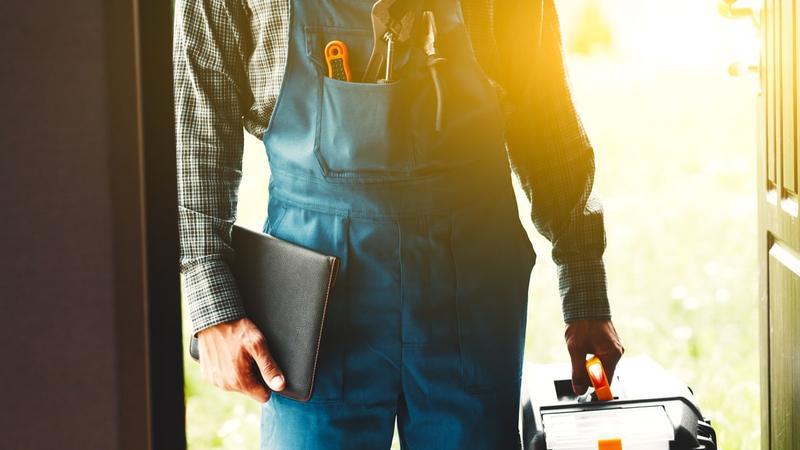Water damage claims are becoming increasingly common, and industry experts state that water damage caused by aging and inadequate pipes cost the industry anywhere between $4 to $6 billion a year in commercial property claims.
While you can’t control weather-related water damage like floods or an unanticipated burst pipe, you can take necessary precautions to minimize the chances of your home flooding.
Tips to minimize water damage from a flood: Outside the home
The Insurance Bureau of Canada (IBC) has a list of recommendations to help homeowners avoid or minimize flood damage. They include:
- Ensuring your lot is properly graded so that water can drain away from your basement walls.
- Where possible, repairing sidewalks, patios, decks, and driveways that may have shifted over the years, to prevent water from pooling close to the home.
- Landscaping your yard and gardens with plants and vegetation will minimize soil erosion.
- In the winter, clearing snow away from the home’s foundation.
- Considering window well covers so that water does not accumulate.
- Making sure your downspouts extend three to six feet and drain in a direction away from your home, as well as any neighbours.
- Using a rain barrel to catch water runoff.
- Regularly cleaning and maintaining your eavestroughs and gutters so they don’t become blocked.
- Keeping the storm drains near your home clear of leaves and debris.
- Repairing or replacing your roof if shingles are deteriorating or missing.
- Hiring a licensed plumber to ensure that the weeping tile (or the foundation drain) is in good working order.
Tips to minimize water damage from a flood inside the home
There are also a few precautions you can take inside your home to decrease the chance of water damage.
- While your plumber is checking the weeping tile, have them look at the sump-pit and sump pump too (if you have them) to ensure they are working correctly and not blocked.
- Ask your plumber about installing a backwater valve. A backwater valve is a device that stops water and sewage from coming back into the house during times of heavy rainfall. Once installed, it should be maintained annually.
- Consider investing in water leak sensors and alarms that alert you to possible leaks in the home. Some of the more sophisticated models will even turn off the water coming into the house if a problem is detected.
- Keep your floor drains clear of obstructions.
- Seal cracks around windows and in the basement foundation and floors.
- Protect your HVAC system. If possible, have a professional elevate the furnace and hot water tank so that it’s not sitting on the basement floor.
- Consider installing shelves in the basement to keep items off the floor. Also, avoid keeping valuables and important documents in the basement. Store them upstairs where they are less likely to be damaged.
- Do not pour fats, oils, and grease down your drains; they may solidify and contribute to a clogged pipe — the last thing you need when your system is under distress from a storm!
- During heavy rainfalls, minimize your home water use.
How does the weather affect your home insurance?
Depending on where you live, climate change-related events may impact your home insurance premiums. While you cannot control the weather, you can shop around for home insurance rates to see if you could be spending less on the coverage you need.
